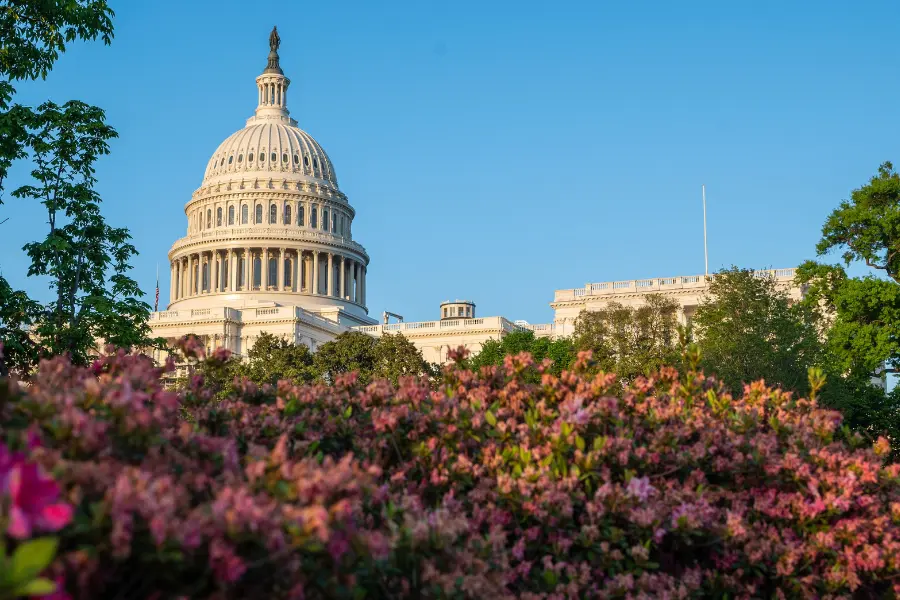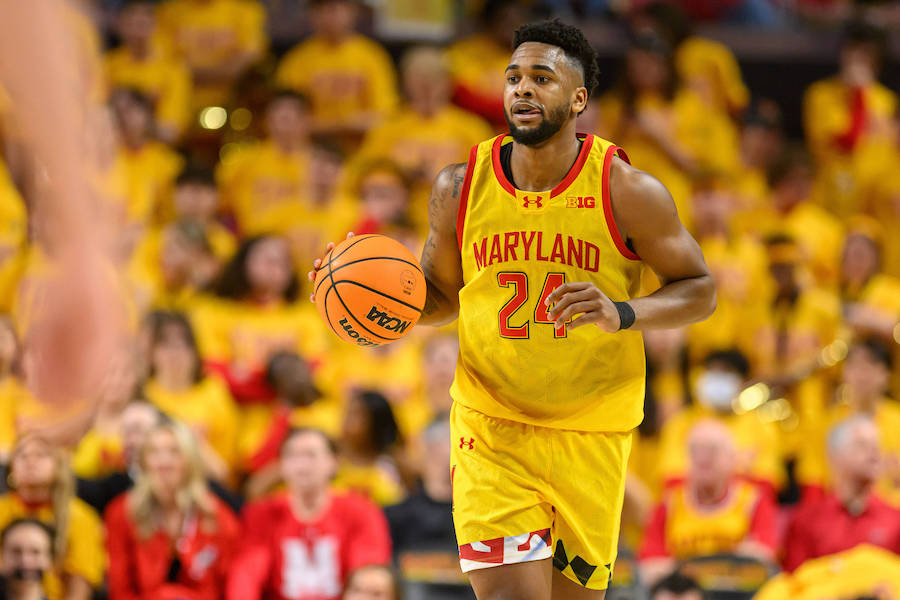This growth not only surpasses the previous year’s figures, which stood at $441.5 million, but also sets a new benchmark for the state’s sports wagering sector. The taxable win for January was reported at $55 million, contributing a record $8.2 million to the state, showcasing the lucrative impact of sports betting on Maryland’s economy.
Key Drivers of Success
The remarkable revenue figures have been attributed to the NFL playoffs, with Maryland Lottery and Gaming Director John Martin highlighting the sporting calendar as the “driving force” behind this success.
The state’s sports betting landscape has flourished since the introduction of online sports betting in November 2022, with FanDuel leading the charge in both the online and retail sectors. Live! Casino Hotel and FanDuel recorded a combined handle of $244.6 million in online sports wagering for January, with DraftKings and BetMGM following suit.
The detailed summary for January 2024 showcases a combined handle of $544.9 million from the state’s 13 retail and 12 mobile sportsbooks, with a total of $464.9 million paid out in prizes to players.
The sports wagering tax, set at 15% of the taxable win, amounted to $8.2 million, reinforcing the significant financial benefits of sports betting to Maryland’s economy.
Emphasis on Responsible Gambling
Despite the financial success, officials remind participants of the importance of responsible gambling. Director John Martin emphasized the unpredictability of sports outcomes and the importance of setting a budget and having a plan to ensure that betting remains a fun and responsible activity.
As Maryland continues to navigate the expanding landscape of sports betting, the state positions itself as a leading example of how to successfully integrate and benefit from this form of entertainment, while also contributing to the state’s financial well-being and promoting responsible gambling practices.







